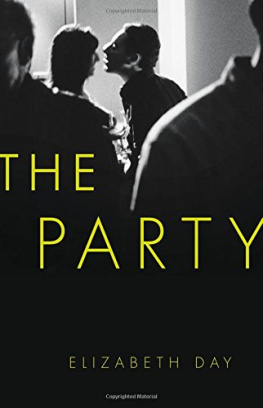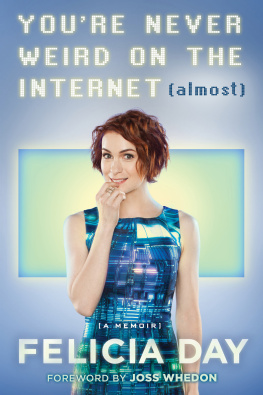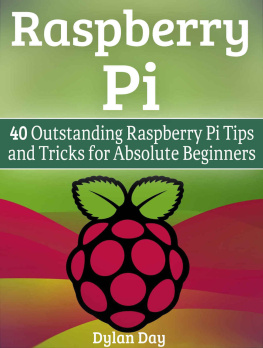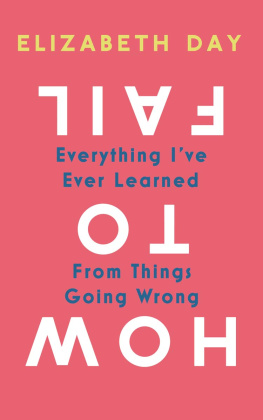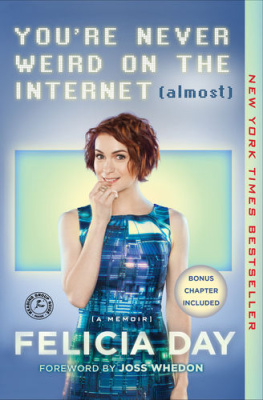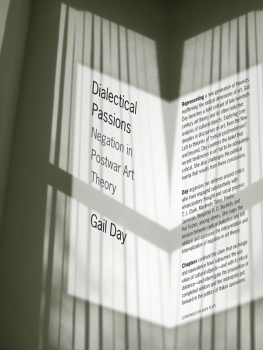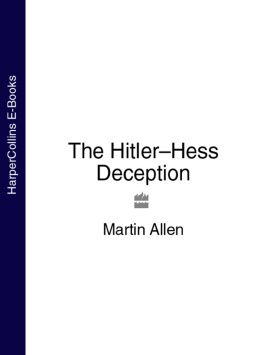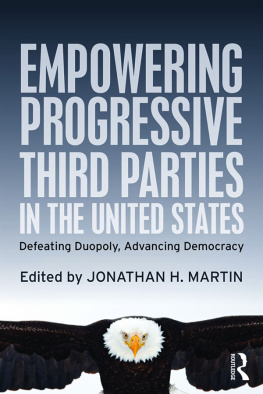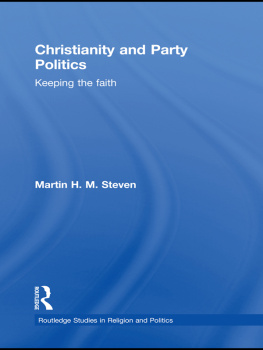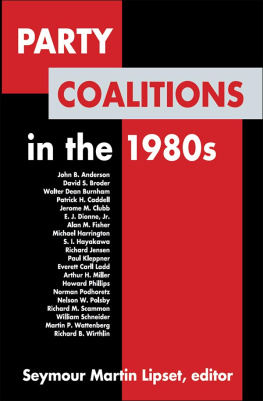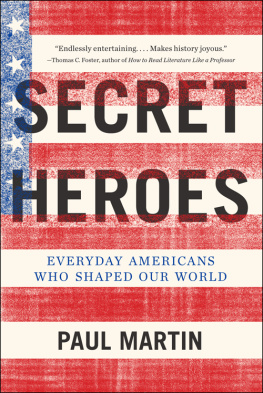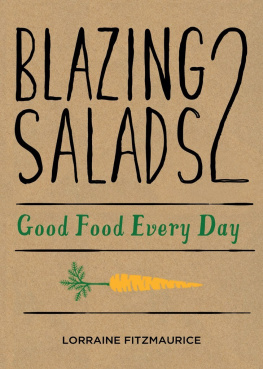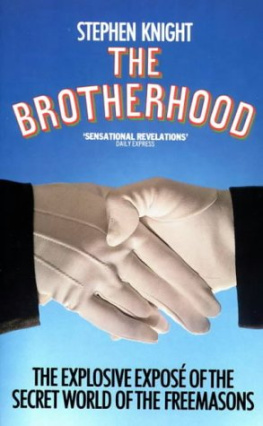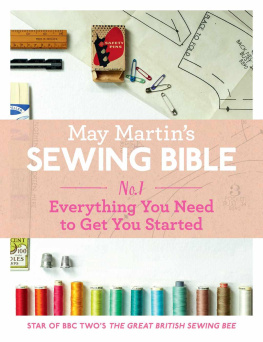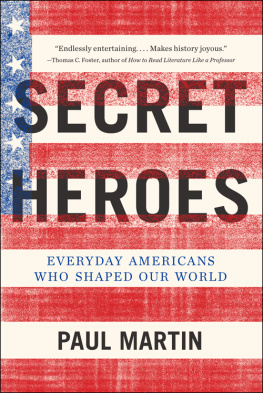4th Estate
An imprint of HarperCollinsPublishers
1 London Bridge Street
London SE1 9GF
www.4thEstate.co.uk
This eBook first published in Great Britain by 4th Estate in 2017
Copyright Elizabeth Day 2017
Cover photograph Getty Images/Shutterstock
Cover designed by Anna Morrison
Elizabeth Day asserts the moral right to be identified as the author of this work
A catalogue record for this book is available from the British Library
All rights reserved under International and Pan-American Copyright Conventions. By payment of the required fees, you have been granted the nonexclusive, non-transferable right to access and read the text of this e-book on screen. No part of this text may be reproduced, transmitted, downloaded, decompiled, reverse engineered, or stored in or introduced into any information storage retrieval system, in any form or by any means, whether electronic or mechanical, now known or hereinafter invented, without the express written permission of HarperCollins e-books.
Source ISBN: 9780008194260
Ebook edition: July 2017 ISBN: 9780008194284
Version: 2017-07-04
For Jasper
noun
1. a social gathering of invited guests, typically involving eating, drinking and entertainment.
2. a formally constituted political group that contests elections and attempts to form or take part in a government, e.g. faction, e.g. the partys election manifesto.
3. a person or people forming one side in an agreement or dispute, e.g. the guilty party.
Contents
THE INTERVIEW ROOM IS SMALL AND SQUARE. A table, three plastic chairs, a high frosted window, the glass grimy with dust, strip lighting; our faces cast in dingy yellow shadow.
Two cups of tea: one for the female police officer, one for me. White with two sugars. Too much milk, but Im not in a position to complain. The rim of my cup is patterned with indentations where, a few minutes previously, I bit into the polystyrene.
The walls are off-white. They remind me of the squash courts at the RAC on Pall Mall where, just a few days ago, I demolished an opponent who was several positions ahead of me in the club rankings. He was a banker. Florid face. Baggy shorts. Surprisingly lean thigh muscles. I dispatched him fairly swiftly: serve, slice, smash. The rubber thwack of the ball as it pinged into concrete, a dark green full stop at the end of each rally. Grunting. Swearing. Eventual defeat. Aggression contained within four walls.
The police station has a similar feel: a sort of bristling masculinity even though only one of the two officers interviewing me is male. The woman has clearly been designated good cop. It was she who offered me the tea, said it would be beneficial. She also suggested two sugars.
You know, she added, meeting my gaze, after the shock.
Its true, I hadnt expected the police to turn up on my doorstep this morning. Its only the second time in my thirty-nine years that I have found myself interviewed by the authorities. On both occasions, it has been because of Ben. Which is odd, really, given that hes my best friend. Youd expect best friends to take better care of each other.
The female police officer is short with rounded shoulders and a pleasant, freckled face. Her hair has been dyed that indeterminate colour inexplicably beloved of middle-aged women, which is neither brown nor blonde but somewhere in between. A kind of beige. Brittle at the ends.
Her colleague is tall. One of those men whose height is his defining feature. He stooped when he walked through the door, holding a sheaf of papers in hands the colour of supermarket ham. Grey suit with a white mark on the lapel. Toothpaste, perhaps. Or the left-behind smear of a babys breakfast. He is, Id guess, in his early thirties.
The two of them sit across the table from me, backs to the door. The chairs have moulded seats with letterbox apertures in the back. We used to stack these chairs for school assemblies and end-of-term concerts at Burtonbury. A lifetime ago, and yet no time at all. Sometimes it seems as close as the next minute. Pencil shavings and plimsoll rubber, the scuffed mark of a trainer against the classroom skirting board. Dormitories with sagging beds. The creak of a spring as a boy shifted in his sleep. That constant feeling of unease. That was before I met Ben, of course. Before he saved me from myself. Weve been saving each other ever since.
On the table, to one side, is a large tape-recording machine. Too big, really. I find myself wondering why it has to be so big. Or why, indeed, the police still insist on using cassette tapes in this digitised era of sound-clouds and podcasts and iTunes.
Ive declined a lawyer. Partly because I dont want to fork out the necessary funds for a good one and I know, given the circumstances, Ben wont pay and I refuse to get stuck with some snivel-nosed legal aid type who cant distinguish his arse from his elbow. I dont think Lucys parents will stump up either. After everything thats happened, I suspect my in-laws might also be disinclined to help.
Right then, says the woman, hands clasped in front of her. Short nails, varnished with clear polish. A tiny ink stain on the fleshy part between thumb and index finger. Shall we get started?
By all means.
Beige Hair presses a button on the giant recording machine. There is a long, loud bleep.
This interview is being tape-recorded at Tipworth Police Station, Eden Street, Tipworth. The date is 26 May 2015. The time is 2.20 p.m. I am Detective Constable Nicky Bridge.
She glances at her colleague, who then identifies himself for the tape.
I am Detective Constable Kevin McPherson.
Mr Gilmour, she says, looking at me, would you introduce yourself with your full name and date of birth please?
Martin Gilmour, 3 June 1975.
Is it OK to call you Martin?
Yes.
She clears her throat. Youve been offered the services of a duty lawyer and declined is that right, Martin?
I nod.
For the tape, please.
Yes.
There is a pause. Grey Suit shuffles his papers. His head is lowered. He does not look at me. I find this curiously disconcerting, the notion of not being worth his attention.
So, Martin, Beige Hair says. Lets begin at the beginning. Talk us through the events of the evening of 2 May. The party. You arrived before the other guests, is that right?
Yes, I say. Yes, we did.
And then I start to tell them.
It begins with a door that wouldnt open at the Tipworth Premier Inn.
2 May
Tipworth Premier Inn, 5.30 p.m.
I DONT KNOW WHY they couldnt have put us up in the house, Lucy said, slipping the plastic card key into place. Not like they dont have enough rooms.
The light beneath the door handle flashed obstinately red. Lucy tried again, impatiently shoving the key into the slot and taking it out too quickly. I could see her getting annoyed but trying not to show it that tell-tale flush across the back of her neck; the square set of her shoulders; a triangle of concentrated tongue just visible between her lips. I watched as she made several more clumsy attempts, my irritation rising. Who was it who said the definition of madness was doing the same thing over and over again, but expecting different results? Aristotle? Rousseau?
Here, I said, finally able to bear it no longer. Let me.
I took the plastic card, still sweaty from her fingers, and slid it into place, leaving it for a few seconds before smoothly removing it. The light went green. The door clicked open.
Thats exactly what I was doing, Lucy protested.
I smiled, patting her on the arm. There was a minute retraction in her pupils. Almost imperceptible.
Here we are, then, she said, too brightly.

